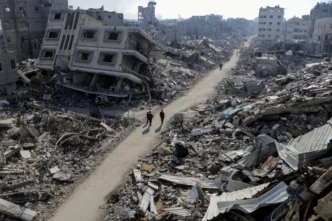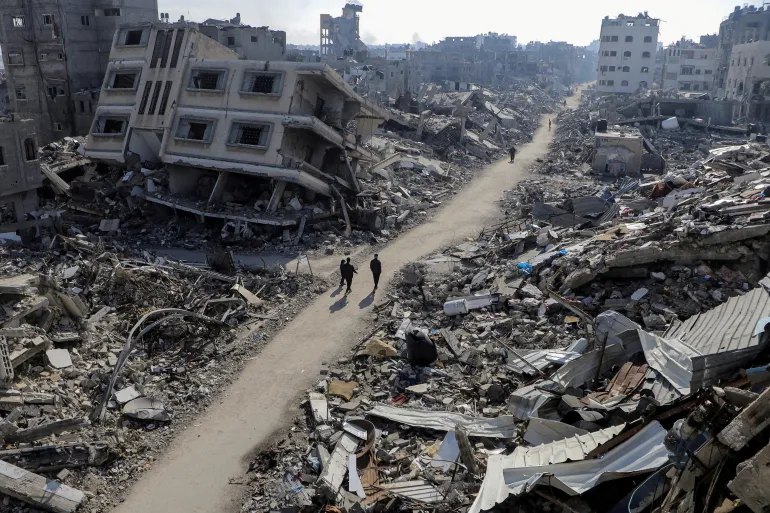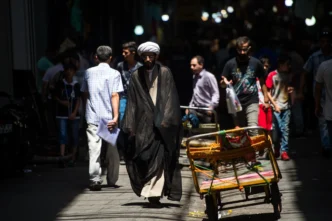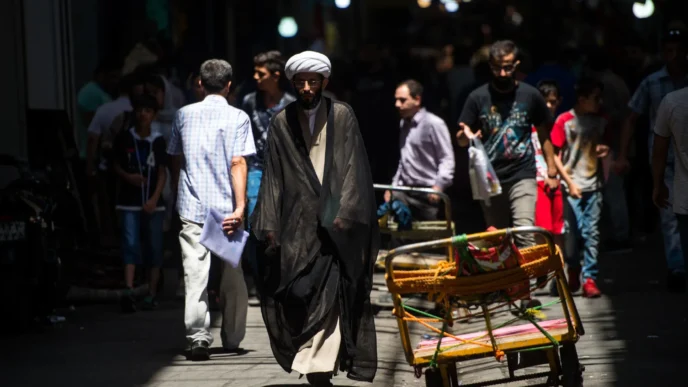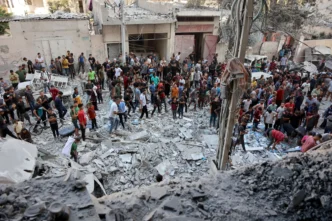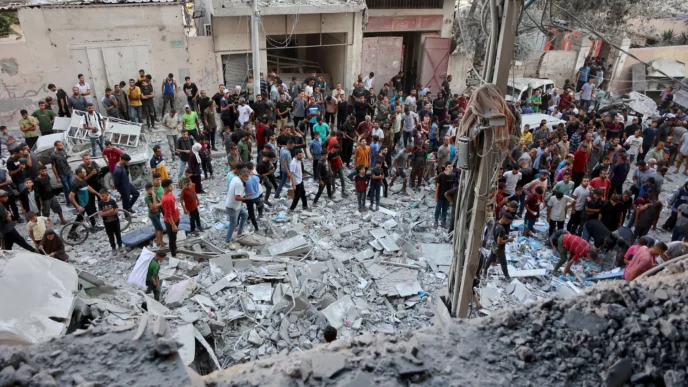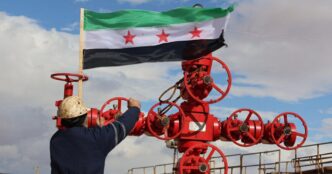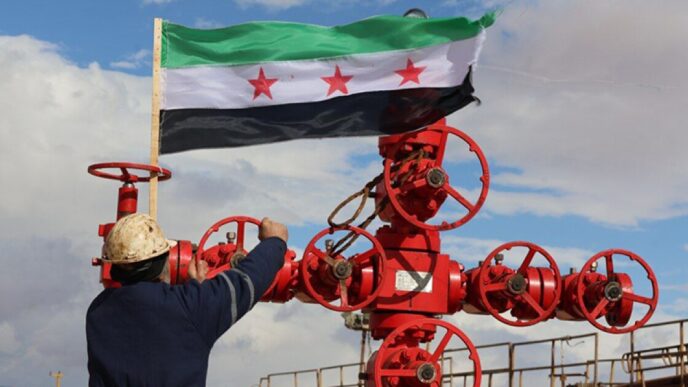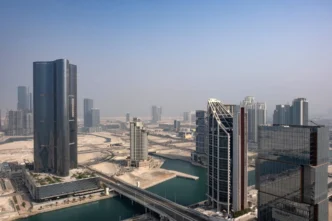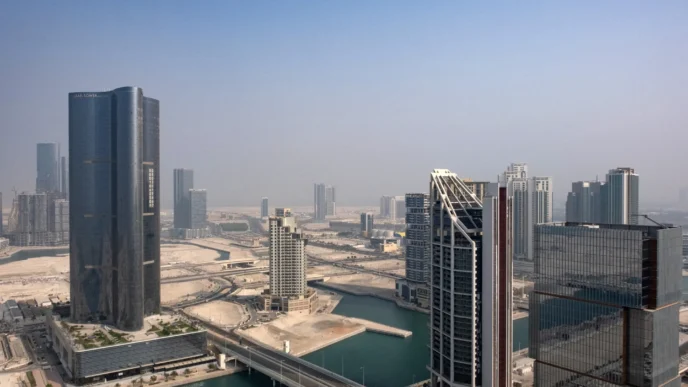Israel has announced plans to restrict humanitarian aid deliveries into northern Gaza, a decision that comes as its military intensifies operations in the besieged enclave. The move has raised alarm among aid agencies and international observers, who warn that halting relief efforts in the north could deepen an already catastrophic humanitarian crisis.
Escalating Military Campaign
In recent days, the Israel Defense Forces (IDF) have expanded their ground and air operations in northern Gaza, targeting what they describe as militant strongholds, weapons depots, and tunnel networks. Military officials say the focus is on dismantling Hamas’ command infrastructure, which they argue is embedded in civilian areas.
The IDF reported that it has increased airstrikes in Gaza City and the surrounding districts, while ground troops have pushed further into neighborhoods where fighting is fierce. Israel has also reiterated its warnings to residents in northern Gaza to evacuate southward, despite overcrowding and limited shelter availability.
Humanitarian Fallout
Israel’s declaration that it intends to halt aid shipments to northern Gaza has drawn immediate criticism. Humanitarian agencies say the north remains home to tens of thousands of civilians who have been unable or unwilling to relocate, often due to mobility issues, lack of transport, or fear of displacement.
- The United Nations Office for the Coordination of Humanitarian Affairs (OCHA) estimates that hundreds of thousands in Gaza face “acute food insecurity” and limited access to clean water and medical care.
- Aid convoys that do reach northern Gaza often face long delays, security risks, and damaged roads, compounding the delivery crisis.
- Health officials warn that hospitals in the north are on the brink of collapse, with shortages of fuel for generators, surgical supplies, and life-saving medicines.
“The decision to cut off aid risks pushing the population into famine-like conditions,” said one senior UN aid official. “The humanitarian situation in northern Gaza is already at a breaking point.”
Israel’s Justification
Israeli officials argue that restricting aid is necessary to prevent Hamas from seizing relief shipments. They allege that militants have diverted humanitarian supplies, using them to sustain their fighters instead of civilians.
“We cannot allow humanitarian aid to be hijacked by terrorists,” an Israeli government spokesperson said. “Our operations are designed to weaken Hamas while ensuring that aid reaches civilians in areas where it can be distributed responsibly.”
The government insists that aid will continue to flow into southern Gaza through designated border crossings and that civilians have been repeatedly advised to move southward to receive assistance.
International Reaction
The announcement has triggered strong responses from foreign governments and aid groups:
- The European Union expressed “grave concern,” warning that cutting off northern Gaza could breach international humanitarian law.
- The United States, Israel’s closest ally, urged restraint, with a senior State Department official emphasizing that “civilians cannot be deprived of life-saving aid.”
- Human rights organizations condemned the move as “collective punishment,” arguing that it would disproportionately harm children, the elderly, and the disabled.
Diplomatic pressure on Israel is expected to mount in the coming days, particularly as the humanitarian cost becomes clearer.
The Larger Context
The war in Gaza has now entered a protracted phase, with no clear end in sight. While Israel insists that military pressure is essential to neutralize Hamas, humanitarian advocates warn that the cost to civilians is unsustainable.
Northern Gaza, once the most populous region of the enclave, is now devastated by airstrikes and artillery fire. Entire neighborhoods have been reduced to rubble, and residents who remain often lack basic shelter. Aid agencies fear that halting relief will leave the north effectively cut off from the outside world.
What Lies Ahead
Israel’s policy shift sets the stage for further confrontation between military objectives and humanitarian imperatives. As the offensive escalates, aid agencies may be forced to reassess their presence in northern Gaza, leaving civilians even more vulnerable.
For Israel, the challenge will be balancing security concerns with mounting international pressure to safeguard civilians. For Gazans trapped in the north, the struggle is increasingly one of sheer survival.


